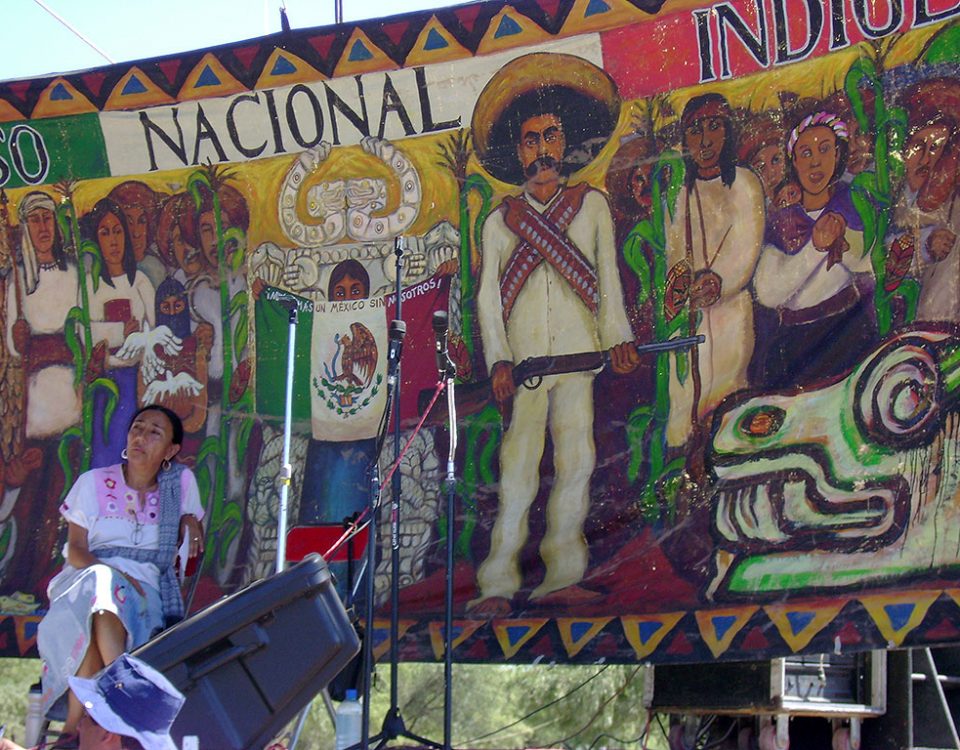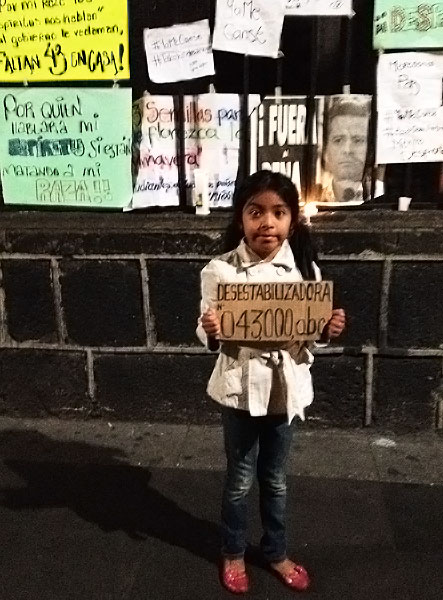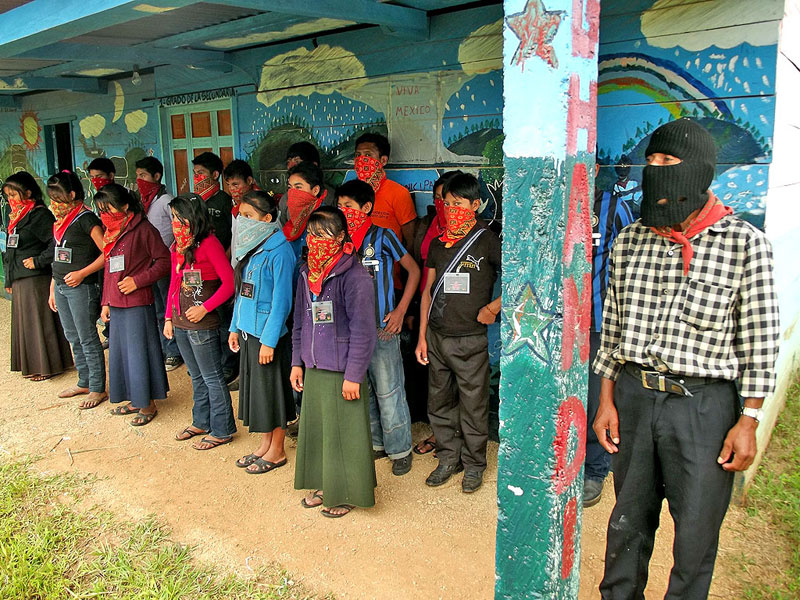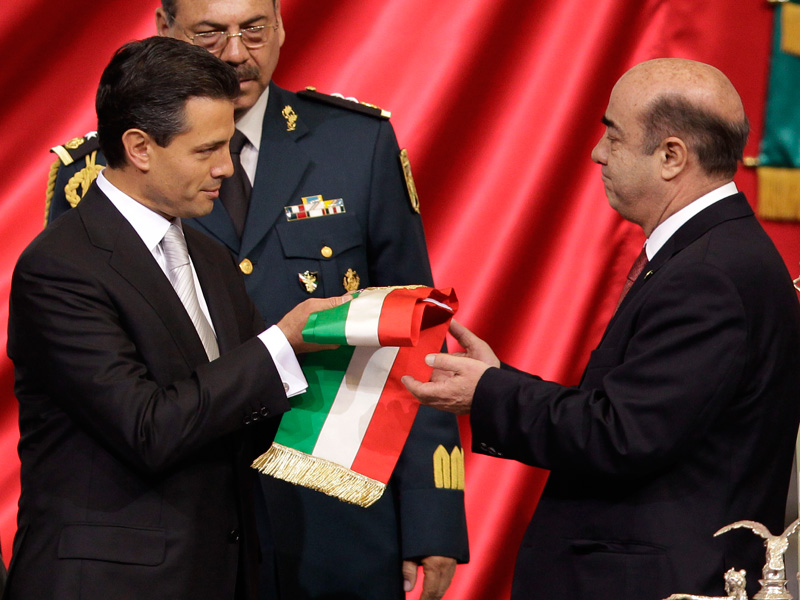2000
29/12/2000SUMMARY: Recommended Actions
28/02/2001In the case of Chiapas, any analysis of the year 2000 has to be understood within the context of both the state and federal elections. Hopes of achieving significant advances toward peace before the end of the Zedillo presidency were few. For several months the elections presented an element of uncertainty and instability, especially in the volatile context of Chiapas.
 The national elections of July 2 marked an historic change for Mexico. After 71 years of uninterrupted rule, the PRI lost the presidency to Vicente Fox, leader of the center-right opposition party. Contrary to what was predicted, there were few complaints of fraud (although there were more in the rural areas), and even President Zedillo and the PRI candidate recognized the victory of Vicente Fox just a few hours after the results were announced. The party represented by Fox, the PAN, also won the majority of seats in the House of Deputies.
The national elections of July 2 marked an historic change for Mexico. After 71 years of uninterrupted rule, the PRI lost the presidency to Vicente Fox, leader of the center-right opposition party. Contrary to what was predicted, there were few complaints of fraud (although there were more in the rural areas), and even President Zedillo and the PRI candidate recognized the victory of Vicente Fox just a few hours after the results were announced. The party represented by Fox, the PAN, also won the majority of seats in the House of Deputies.
Pablo Salazar, representing a coalition of opposition parties, was elected governor of Chiapas on August 20, another unexpected reversal for the PRI, which had dominated politics in Chiapas for decades.
The months before the new governments (national and state) took office were a time of transition, alive with possibility, expectations and debate. In Chiapas, tensions rose on more than one occasion, in particular in October following the arrest of eleven members of the Agriculture and Forestry Union of Indigenous Peasants (UCIAF), a splinter group of Development, Peace and Justice, an alleged paramilitary group.
After President Fox took office in December, a significant change from the previous administration was observed – namely putting the issue of Chiapas high on the national agenda and ordering the closure of 53 military checkpoints.
After months of silence, and without having participated in the elections, the Zapatistas held a press conference acknowledging that the new government could represent a renewed opportunity for peace. They presented three requirements for the renewal of peace dialogues: the fulfillment of the San Andres Accords, the freeing of Zapatista prisoners, and the closing of seven military bases located in the area of major Zapatista influence. They also announced a march to Mexico City to defend the proposed constitutional reform written by the COCOPA based on the San Andres Accords.
Fox responded by presenting the COCOPA initiative to the Senate on December 5th and by gradually closing several military bases. There was a corresponding effort on the part of Pablo Salazar at the state level in Chiapas where he freed dozens of Zapatista prisoners.




